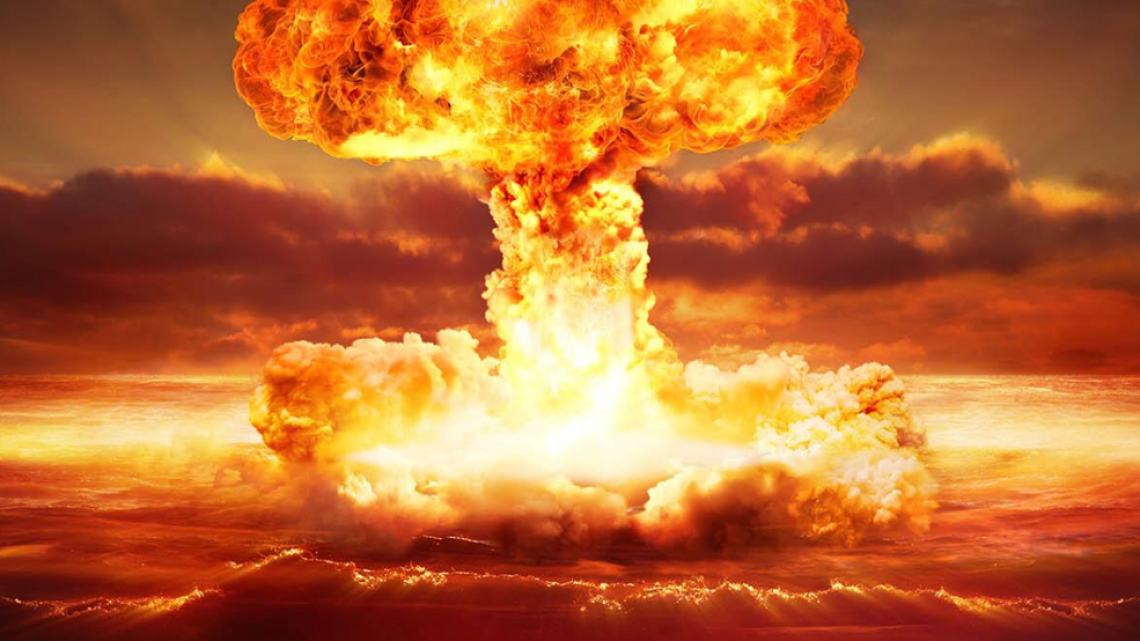
Kashmir’s Unresolved Status: A Nuclear Flashpoint in South Asia
November 13, 2023Kashmir, the beautiful valley, has been a longstanding subject of Indian inhumane atrocities. Contrary to being viewed solely as an internal matter for India, Kashmir is increasingly perceived as a potential nuclear flashpoint in South Asia. The unresolved dispute not only poses immediate threats to regional stability but also carries global consequences.
The assertion that Kashmir is not merely an internal issue for India but a potential nuclear flashpoint in South Asia raises valid concerns. The longstanding conflict between India and Pakistan over the region has escalated tensions, and the specter of nuclear conflict looms large. The unresolved Kashmir dispute is often considered the spark that could ignite a devastating nuclear confrontation in the already volatile region.
The repercussions of delaying a resolution to the Kashmir conflict extend far beyond the borders of South Asia. The international community is urged to recognize the gravity of the situation, as the unresolved dispute has the potential to trigger a wider conflict with global implications. It is crucial for the United Nations to intervene and facilitate a just solution to the Kashmir issue to prevent the catastrophic consequences of a nuclear war in the region.
Advocates for peace argue that the United Nations must play a central role in mediating the Kashmir dispute. Intervening to find a just solution becomes imperative not only for the sake of regional stability but also to avert the looming threat of a nuclear holocaust. The UN’s involvement is seen as a diplomatic necessity to address the long-standing turmoil in South Asia.
The world’s attention is drawn to the alleged state terrorism unleashed by India in Kashmir. Reports of human rights violations and unrest in the Indian-administered region, known as IIOJK (Indian Illegally Occupied Jammu and Kashmir), underscore the urgency of international intervention. The global community must not remain indifferent to the suffering of the Kashmiri people and the potential for further escalation.
Critics argue that India has been hindering the path to a just solution for the Kashmir dispute. Addressing these impediments is seen as crucial to fostering a conducive environment for diplomatic negotiations. Without global powers responding in a timely manner, the Kashmir issue remains a ticking time bomb that could have far-reaching consequences for regional and global stability.
Hence, the Kashmir dispute stands at a crossroads, not just as an internal matter for India but as a potential nuclear flashpoint in South Asia. Urgent international attention, especially from the United Nations, is needed to mediate and find a just solution to prevent the looming threat of a nuclear holocaust. The world must not turn a blind eye to the simmering situation in IIOJK and the broader Kashmir region, as the consequences of inaction could be dire.

